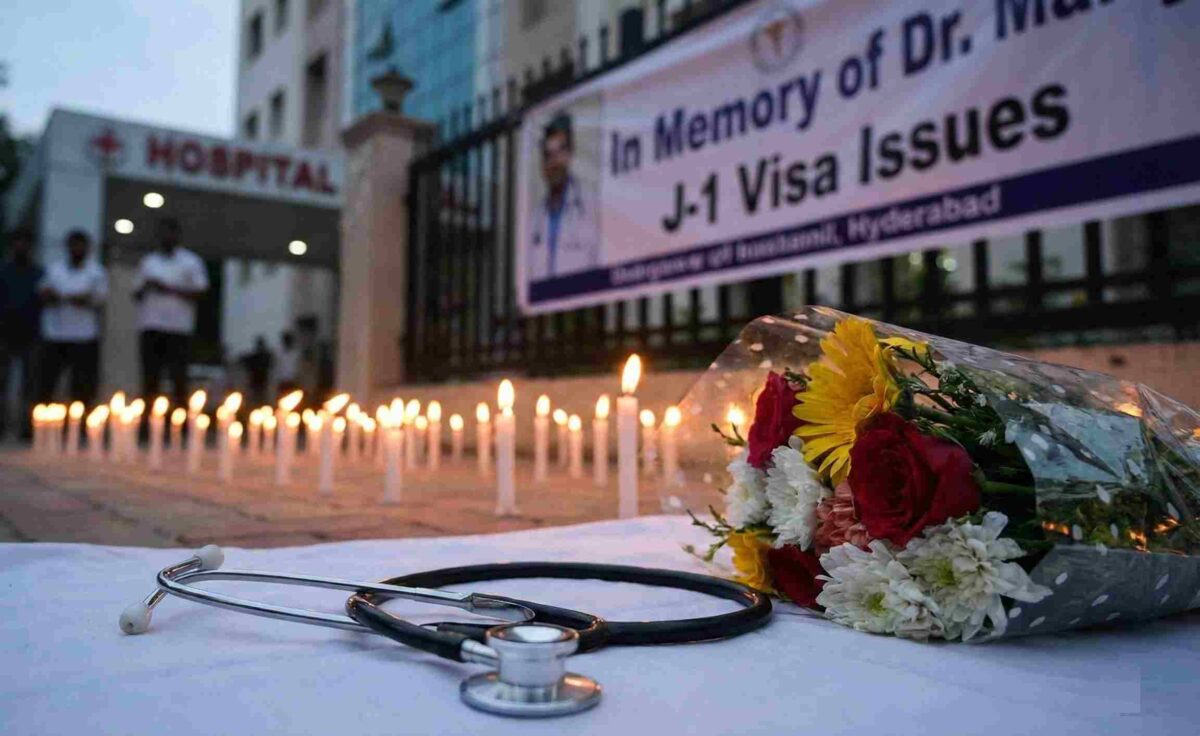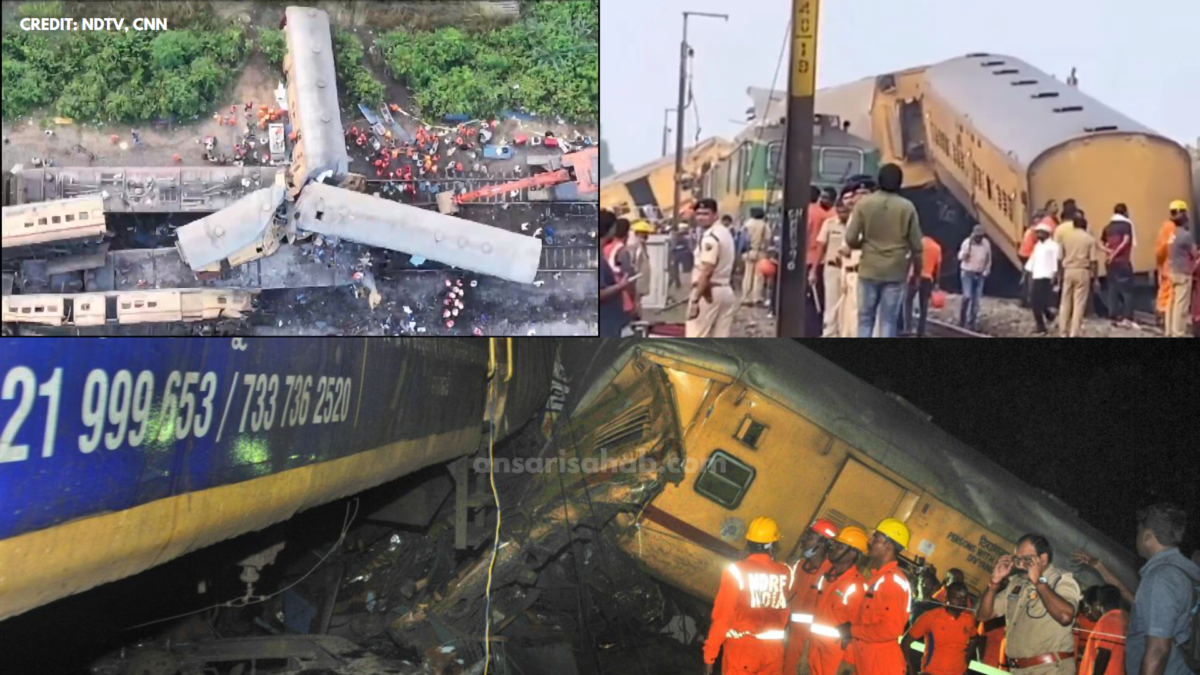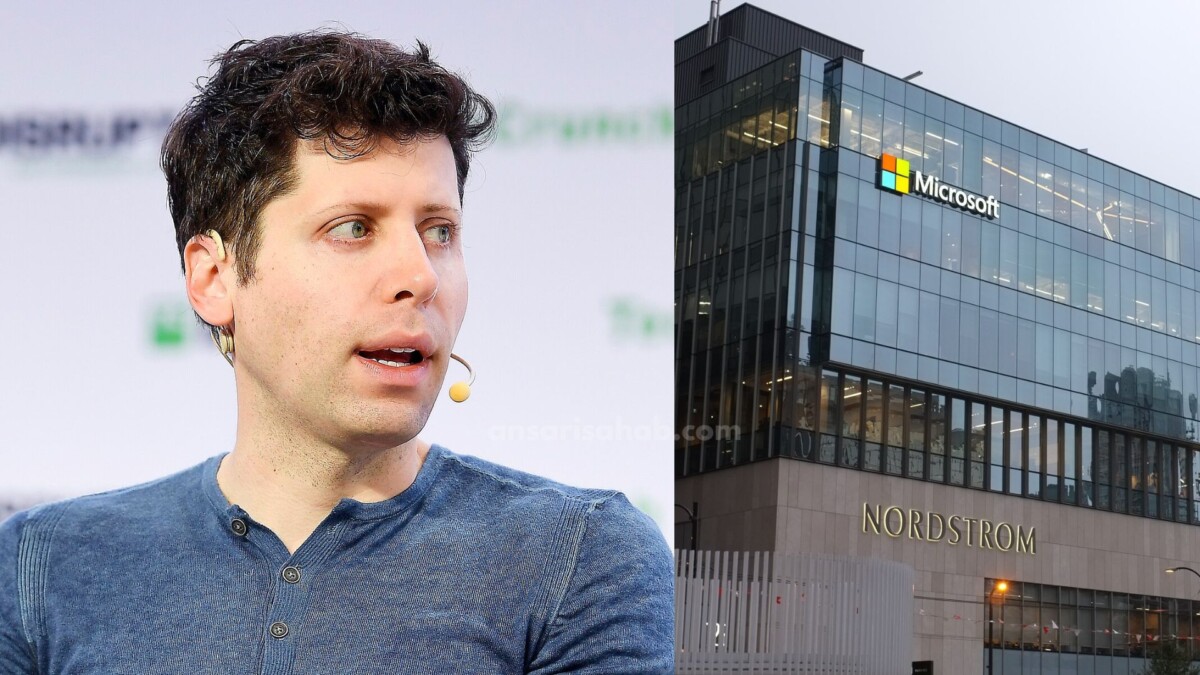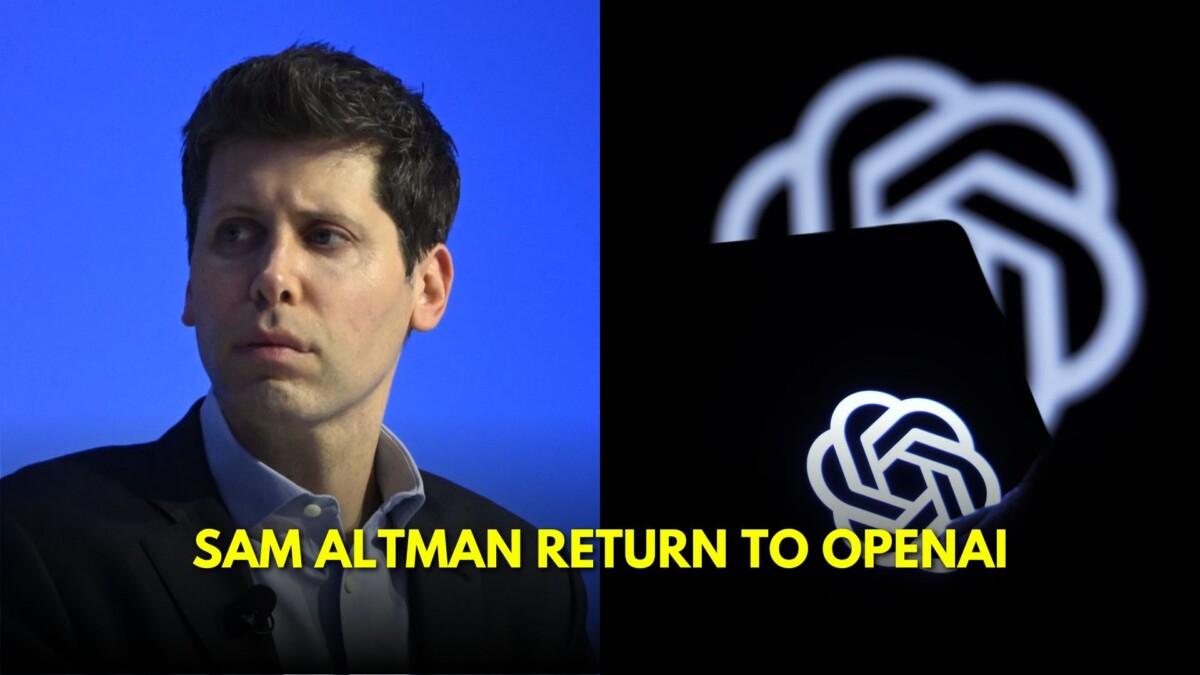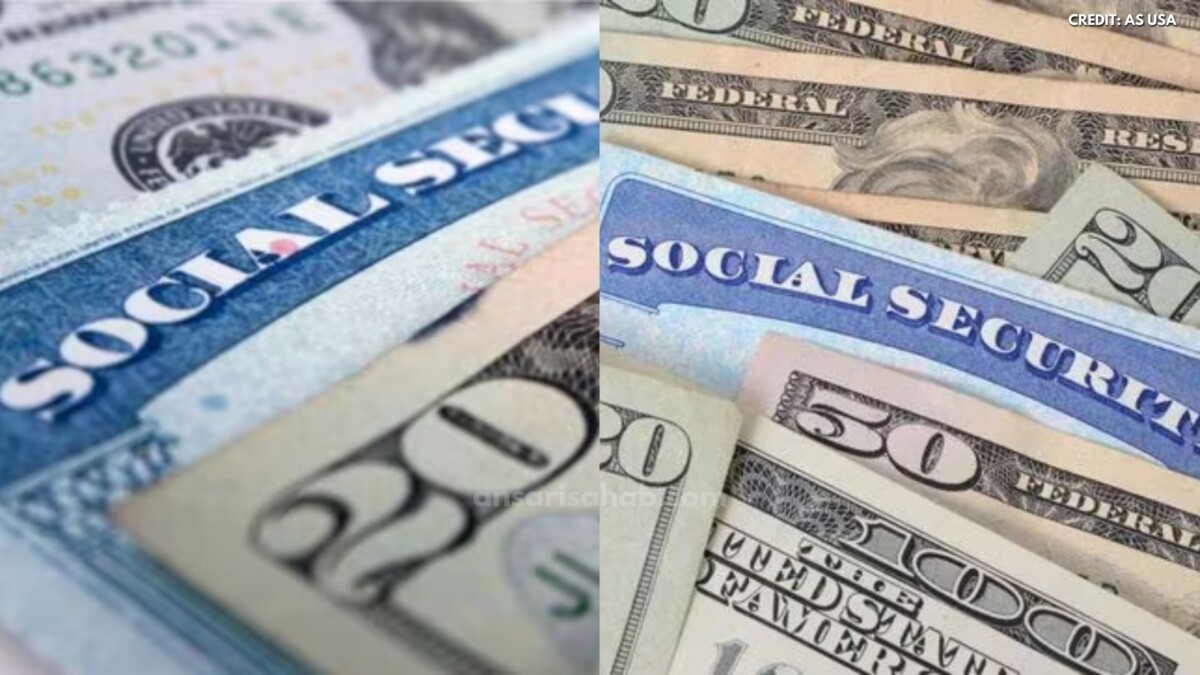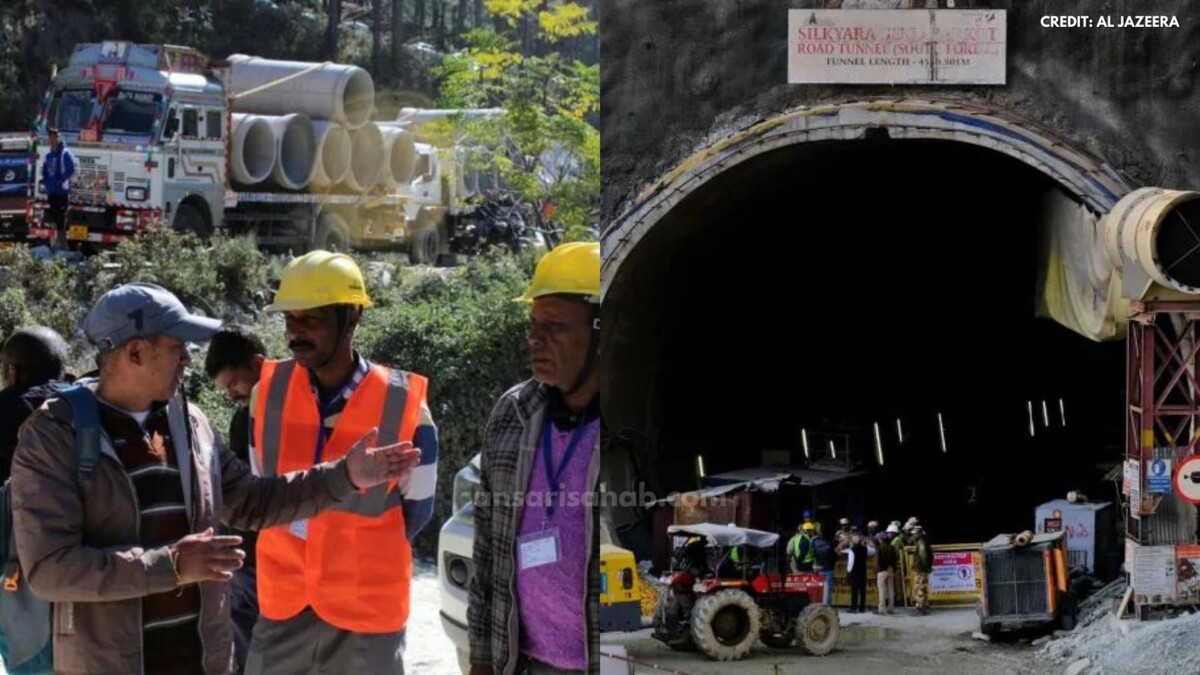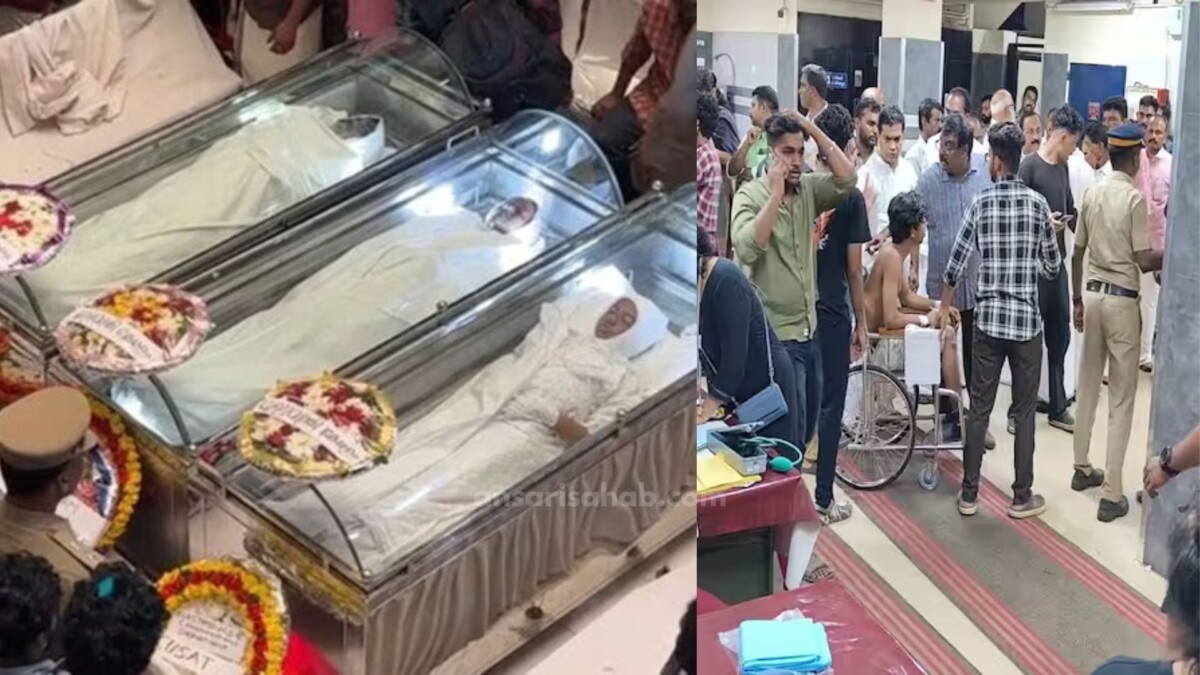Hyderabad, November 24, 2025 — A 38-year-old doctor residing in Hyderabad was found dead earlier this week, with police pointing to suicide linked to her denied application for a US visa. The woman, identified as Dr. Rohini, was from Guntur, Andhra Pradesh, and her death has sparked a broader conversation around the growing difficulty of securing J-1 visas for medical professionals and the emotional toll of repeated rejections.
The Tragedy That Unfolded
According to officials, Dr. Rohini was located in her apartment in Padma Rao Nagar, Hyderabad, after domestic help raised the alarm when there was no response to knockings. Authorities broke open the door, discovering her body. She is suspected to have taken an overdose of sleeping pills or self-administered an injection, based on preliminary police information.
A suicide note recovered at the scene reportedly referenced depression specifically tied to her visa rejection, underscoring the emotional pressure she experienced in the months leading up to her death.
Her mother, Lakshmi, told the press that Rohini had dreamed of moving to the US to further her medical career. “She was eagerly waiting to go to the US for a job,” Lakshmi said. But after her visa was denied, she grew increasingly isolated and mentally exhausted, her mother added.
Who Was Dr. Rohini?
Dr. Rohini was a highly motivated physician. Originally from Guntur, Andhra Pradesh, she completed her MBBS in Kyrgyzstan between 2005 and 2010, where she reportedly excelled academically. She later moved to Hyderabad for her work and rented a flat in Padma Rao Nagar, chosen for its proximity to libraries — a reflection of her commitment to studying and advancing her medical knowledge.
Her ambitions centered on internal medicine, and she had long aspired to establish a clinic in the US, according to her mother. She remained unmarried, and family members say she poured her life into her career.
What Her Note Exposed
The suicide note left behind is being closely examined by investigators. According to police, the note explicitly mentions her visa denial, describing how it shattered her hopes and weighed heavily on her mental health.
In her message, Rohini expressed that the denial was not just a bureaucratic hurdle — it was a personal setback that derailed her lifelong aspirations. Her mother revealed that Rohini had argued she would earn more in the US and help more patients there, being frustrated by perceived limitations in India.
Her story illustrates a poignant dilemma: despite strong credentials and international study, she felt trapped between her professional dreams and the harsh reality of visa rejections.
Why Are J-1 Visa Denials Rising in 2025?
Rohini’s tragedy comes against a backdrop of escalating visa scrutiny in 2025. Several immigration experts and policy analysts point to stricter US visa rules that have put additional pressure on aspirants — including medical professionals.
Some of the trends influencing the surge in denials include:
- End of Interview Waivers: In 2025, the U.S. ended many of the “dropbox” interview waivers for visa applicants, including those seeking J-1 exchange visas.
- Increased Social Media Scrutiny: Reports indicate that consulates are now increasingly reviewing applicants’ social media profiles as part of visa screenings.
- Tighter Visa Categories: Nonimmigrant visa categories for professionals (like J-1) and high-skilled workers (H-1B) are reportedly being denied at a higher rate, according to recent visa trends.
- Elimination of Third-Country Processing: In some cases, applicants can no longer apply from third countries, which has increased pressure and reduced flexibility for Indian applicants.
Immigration lawyers have described this shift as part of a broader tightening of nonimmigrant visa policies under the current U.S. administration, making it considerably harder for foreign professionals to secure long-term exchange status.
The Community Reacts
On social media, Rohini’s story has resonated deeply, especially in forums like Reddit, where many users are sharing their own experiences or fears with US visa rejections. In one thread on r/visarejections, a user wrote:
“Things are getting worse for Indian students … many in Telangana and Andhra Pradesh are getting rejected”
Another user in the same subreddit noted the emotional and financial toll:
“She prepped for nearly a year … but they rejected her under 214(b) in minutes,” a reference to a common reason cited for denials.
These online conversations mirror a growing anxiety among Indian professionals and students, especially those seeking exchange or training-based visas like the J-1.
What Happens Next
The Chilkalguda Police have registered a case in the incident, and a detailed investigation is underway. Authorities are reviewing the suicide note, interviewing neighbors, and examining the doctor’s medical and financial records.
For Rohini’s family, there is deep grief — and a sense of lost potential. Her mother has spoken publicly about the need for better mental health support for people navigating the stresses of visa applications.
On a policy front, advocates warn that unless visa systems consider the human cost, more professionals may find themselves in similar spirals of despair. Immigration lawyers say this incident underscores a larger issue: talented individuals are increasingly seeing the U.S. not just as a destination but, sometimes, a source of heartbreak.
Why This Story Matters
- Talent Drain with a Human Cost: Dr. Rohini’s death is not just about a visa rejection; it underscores how immigration policy and mental health intersect.
- Stricter Visa Landscape: Her case highlights the real-world consequences of the tightening nonimmigrant visa regime in 2025.
- Call for Support: As critics argue for policy reform, Rohini’s family and others like them are calling for more mental health resources for visa applicants.
Her tragic end may become a rallying point for reform, forcing a conversation on how visa systems can balance national interests with the dreams and well-being of individual professionals.

